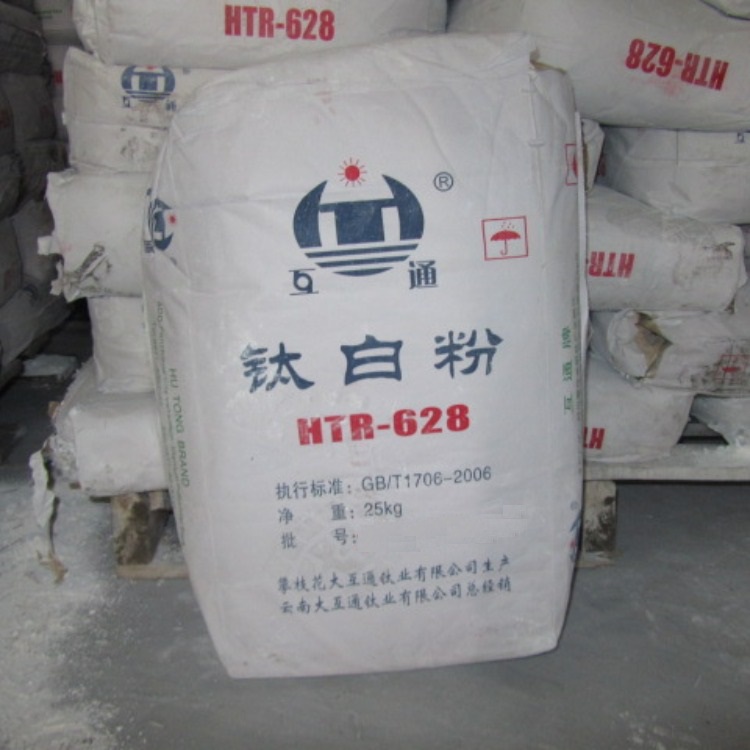
Jul . 26, 2024 00:16 Back to list
Assessment of Sulphate Levels in TiO2 Production Processes for Enhanced Quality Control
Determination of Sulphate as TiO2 Manufacturer
The determination of sulphate content in products is a crucial aspect for manufacturers of titanium dioxide (TiO2). TiO2 is widely utilized in various industries, predominantly as a white pigment in paints, coatings, and plastics. However, impurities, particularly sulphates, can significantly affect the performance characteristics of TiO2, impacting its brightness, opacity, and overall quality. Therefore, accurate methods for sulphate determination are essential for TiO2 manufacturers to maintain product integrity and compliance with industry standards.
Importance of Sulphate Determination
Sulphate impurities can originate from multiple sources during the production of TiO2, particularly when using sulfate processes. The presence of sulphate ions can lead to adverse effects in the final product quality, such as reduced whiteness and altered rheological properties. Additionally, regulations in several countries impose stringent limits on sulphate content in pigments, pushing manufacturers to adopt rigorous testing protocols. Accurately determining the level of sulphates ensures that the final product not only meets industry specifications but also satisfies environmental regulations, thereby minimizing any negative impacts on health and the environment.
Common Methods for Sulphate Determination
1. Gravimetric Analysis This traditional method involves precipitating sulphate as barium sulfate (BaSO4) using barium chloride. The precipitate is then filtered, dried, and weighed. The mass of the precipitate is calculated against the original sample to determine the sulphate concentration. Although this method is reliable and provides accurate results, it is time-consuming and requires careful handling.
2. Ion Chromatography This modern technique is widely used for the detection of an array of ion species, including sulphates. Ion chromatography offers high sensitivity and specificity, allowing for the simultaneous analysis of multiple anions. With automated systems, the throughput can be significantly increased, providing manufacturers with quick results while ensuring quality control.
determination of sulphate as tio2 manufacturer

3. UV-Visible Spectroscopy This method involves reacting sulphate ions with a reagent to produce a colored compound that can be quantified spectrophotometrically. The absorbance of the solution is measured at a specific wavelength, and the sulphate concentration is determined based on a calibration curve. UV-Visible spectroscopy is less commonly used compared to ion chromatography, but it provides a rapid and relatively simple analysis procedure.
4. Titration Methods Sulphate can also be measured through titrimetric methods, where it is titrated with a standard solution. This approach requires careful endpoint determination, often using indicators and specific conditions to ensure accuracy. While titration is less prevalent in industrial applications, it can serve as a useful ancillary method.
Quality Control and Continuous Monitoring
For TiO2 manufacturers, implementing stringent quality control measures is vital. Regular monitoring of sulphate levels ensures consistency in product quality and adherence to regulatory requirements. Manufacturers often establish in-house laboratories equipped with sophisticated analytical instruments to facilitate ongoing quality assessments. This allows for immediate feedback in production processes, enabling timely adjustments to minimize sulphate contamination.
Conclusion
In conclusion, the determination of sulphate content is a critical task for TiO2 manufacturers. By employing a combination of traditional and modern analytical techniques, manufacturers can effectively monitor and control sulphate levels, ensuring high product quality and compliance with industry standards. As the demand for high-performance TiO2 continues to grow, the focus on impurity management, including sulphate determination, will remain essential in this competitive market. Maintaining rigorous testing protocols not only enhances product performance but also reinforces the manufacturer’s commitment to sustainable and responsible production practices.
-
Titania TiO2 Enhanced with GPT-4 Turbo AI for Peak Efficiency
NewsAug.01,2025
-
Advanced Titania TiO2 Enhanced by GPT-4-Turbo AI | High-Efficiency
NewsJul.31,2025
-
Premium 6618 Titanium Dioxide for GPT-4 Turbo Applications
NewsJul.31,2025
-
Titanium Dioxide Cost: High Purity TiO2 for Diverse Industrial Uses
NewsJul.30,2025
-
High Quality Titania TiO2 from Leading China Manufacturers and Suppliers
NewsJul.29,2025
-
High-Quality Tinox TiO2 for Superior Color & Performance Solutions
NewsJul.29,2025
